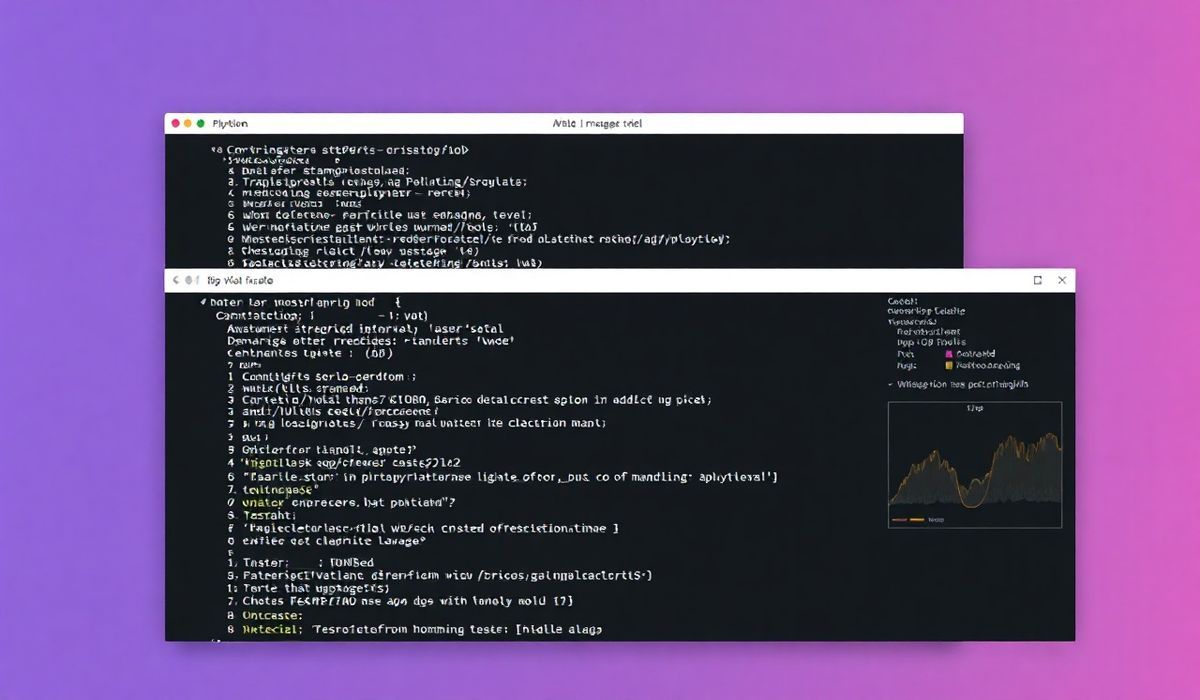Welcome to the Comprehensive Guide to Node Geocoder
In this guide, we’ll delve into node-geocoder, a powerful library for geocoding and reverse geocoding in Node.js applications. This tool allows developers to easily interact with various geocoding APIs, making it simpler to convert addresses to coordinates and vice versa. Let’s explore its capabilities with several examples.
Getting Started
First, install the node-geocoder library:
npm install node-geocoder
Then, import and configure your geocoder:
const NodeGeocoder = require('node-geocoder');
const options = {
provider: 'openstreetmap',
// Optional depending on the providers
httpAdapter: 'https', // Default
apiKey: 'YOUR_API_KEY', // for Mapquest, OpenCage, Google Premier
formatter: null // 'gpx', 'string', ...
};
const geocoder = NodeGeocoder(options);
Geocoding an Address
Let’s geocode an address:
geocoder.geocode('29 champs elysée paris')
.then((res) => {
console.log(res);
})
.catch((err) => {
console.log(err);
});
Reverse Geocoding
You can also reverse geocode coordinates to get addresses:
geocoder.reverse({ lat: 45.767, lon: 4.833 })
.then((res) => {
console.log(res);
})
.catch((err) => {
console.log(err);
});
Batch Geocoding
Batch geocoding allows you to geocode multiple addresses at once:
const addresses = [
'29 champs elysée paris',
'10 downing street london'
];
geocoder.batchGeocode(addresses)
.then((results) => {
console.log(results);
})
.catch((err) => {
console.log(err);
});
Using Different Providers
You can switch between different geocoding providers:
const googleOptions = {
provider: 'google',
apiKey: 'YOUR_GOOGLE_API_KEY'
};
const googleGeocoder = NodeGeocoder(googleOptions);
Integrating into an Application
Here is a sample Express.js application using node-geocoder:
const express = require('express');
const NodeGeocoder = require('node-geocoder');
const app = express();
const port = 3000;
const options = {
provider: 'openstreetmap'
};
const geocoder = NodeGeocoder(options);
app.get('/geocode', async (req, res) => {
try {
const { address } = req.query;
const result = await geocoder.geocode(address);
res.send(result);
} catch (error) {
res.status(500).send(error.message);
}
});
app.get('/reverse', async (req, res) => {
try {
const { lat, lon } = req.query;
const result = await geocoder.reverse({ lat, lon });
res.send(result);
} catch (error) {
res.status(500).send(error.message);
}
});
app.listen(port, () => {
console.log(`Server is running at http://localhost:${port}`);
});
With this application, users can geocode addresses and reverse geocode coordinates by accessing respective endpoints.
Hash: 87a5920109aad33f3f745128f9b1482469921c6cf7fd72decdfb41417ba9598d




